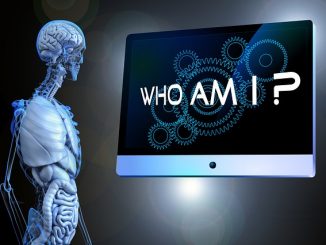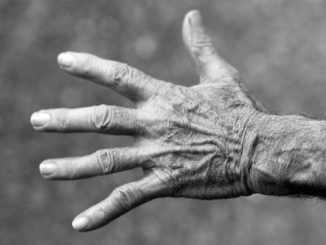Ray Kurzweil says we will soon be able to back up our brains to ensure our consciousness survives in the event of accidents and if you can hold on for another 5-10 years "it's going to be very hard to imagine how you could die" pic.twitter.com/Zd21PcsCiF
— Tsarathustra (@tsarnick) October 24, 2024
Ray Kurzweil, a futurist renowned for his accurate predictions on technological advancements, has recently posited an idea that sounds like it’s straight out of science fiction: the ability to back up our brains. This concept, often referred to as digital immortality, suggests that within the next decade, we might be able to safeguard our consciousness against physical death.
Kurzweil’s optimism stems from the rapid progress in neuroscience, computing power, and artificial intelligence. The premise is simple yet profound: if we can map the human brain in its entirety — capturing every neuron, synapse, and pathway — we could theoretically replicate or transfer this data into a digital format. This backup could serve as a fail-safe against accidents or diseases that affect the physical brain.
The implications are staggering. Imagine a world where ‘death’ as we know it becomes obsolete, where the essence of who we are—our memories, personalities, and consciousness—can persist in digital form or be transferred into new bodies or virtual realities. Kurzweil’s statement, “if you can hold on for another 5-10 years, it’s going to be very hard to imagine how you could die,” underscores his belief in the exponential growth of technology.
However, this vision raises numerous ethical, philosophical, and technical questions. Can a digital copy truly be ‘you’? What about the soul, or the concept of self that goes beyond neural patterns? Moreover, there are concerns about privacy, security, and who controls these digital consciousnesses.
Technologically, we’re edging closer with projects like the Human Brain Project and initiatives in neural network AI. Yet, the leap to full brain emulation involves hurdles not just in processing power but in understanding the very nature of consciousness.
Kurzweil’s predictions challenge us to rethink life, death, and what it means to be human in an age where technology might soon offer a form of immortality that was once the realm of myth and religion. Whether or not his timeline holds true, the conversation about digital consciousness has begun, heralding a future where our minds might outlive our bodies.
- Bulenox: Get 45% to 91% OFF ... Use Discount Code: UNO
- Risk Our Money Not Yours | Get 50% to 90% OFF ... Use Discount Code: MMBVBKSM
Disclaimer: This page contains affiliate links. If you choose to make a purchase after clicking a link, we may receive a commission at no additional cost to you. Thank you for your support!




Leave a Reply